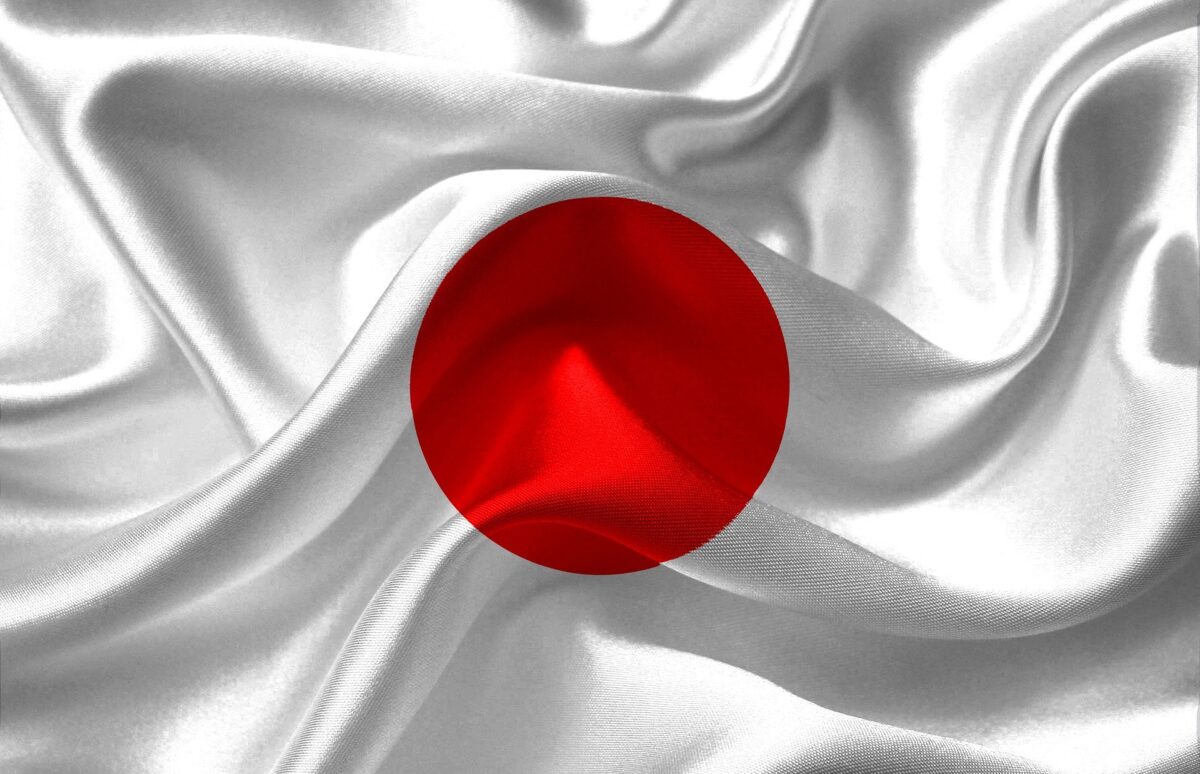The ESG-driven corporate governance revolution in Japan is creating investment opportunities similar to those in the UK in the 1980s and 1990s, says Jeff Atherton, manager of the Man GLG Japan CoreAlpha Fund.
Atherton, who took over as lead manager of the £1.2bn fund in January 2021, says Japan has historically been viewed by investors as a cyclical market whose returns are driven largely by interest rates and the global economy. However, he says a sea change in corporate governance has begun to present opportunities never seen before by foreign equity investors.
“It’s no exaggeration to say that there has been more change in Japan over the last two years than in the last 29 years of my career,” he says. “Japanese markets always had a terrific treasure trove of assets investors have never been able to access. But now companies that have been sat on assets worth more than their entire market cap are selling them off and presenting investors with the kind of opportunities that remind me of the UK in the 1980s and 1990s, when there was a big improvement in corporate governance and financial returns. There is now real, structural change in Japan.”
While Japan was initially slow to respond to the challenges of climate change and other ESG risk factors, Atherton says the corporate sector has now awakened to the movement, with governance given as much prominence as environmental and social concerns.
“Investors still ask about Japan in terms of interest rates and how strong the domestic recovery is, but there is so much more going on at the corporate level now, like Mitsubishi UFJ recently selling off its US subsidiary MUFG Union Bank,” he says. “In the past they would have ignored foreign shareholder calls for that kind of move, but today they just can’t do that. Many Japanese companies have for years been inefficiently run for stakeholders in general at the expense of shareholders, but now they’re having to respond to demands to boost their share price or risk a hostile takeover or a campaign by an activist.”
While Japan still lacks a Western-style mechanism for removing a chief executive, Atherton says corporates will continue to respond to pressure from shareholders who are encouraged to vote against boards who fail to hit return-on-equity (ROE) ratios of 8% for three years in a row.
“It used to be hard to apply pressure on companies but that has changed,” he says. “Part of it is the ROE targeting, which is forcing the long tail of underperforming companies to try harder and engage in shareholder-friendly activity like share buybacks, and part of it is the ESG movement, which has forced the corporate sector to professionalise.
“At the same time, there has been a recognition that Japanese companies are not that big on a global scale – the whole of the TOPIX is smaller than Apple and Microsoft combined[1]. The government wants Japanese corporates to have more market capital so they have better options and more power.”
One company Atherton cites as exhibiting the kind of behaviour previously unseen in the Japanese market is Hitachi, which has sold off many of its group companies. “What’s interesting is that some of Hitachi’s assets have been sold to private equity, which is a big thing because PE has always had a reputation for being quite tough,” he says. “Being prepared to do that demonstrated an interesting change of attitude.”
Another way in which some corporates are changing is the unwinding of cross shareholdings, which have been an idiosyncratic quirk of the Japanese market. “Japan has always had a different corporate culture and cross shareholdings are the legacy of a decades-old approach to business,” Atherton says. “But selling them and returning the money to shareholders is a harmless way for corporates to create value, and we are looking for opportunities to invest in companies which have a lot of cross shareholdings and will probably end up divesting them as part of the ESG movement.”
[1] TOPIX $4tr versus Apple and Microsoft combined $5tr, as at 08/11/2021







